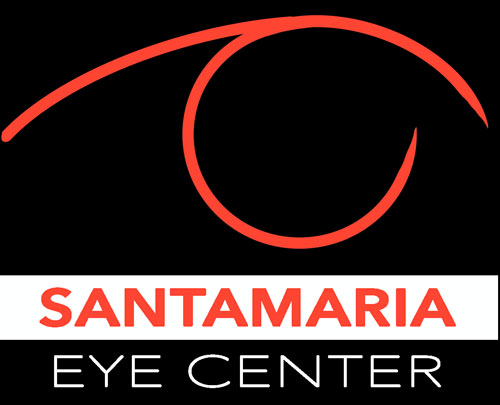07 Feb Branch Retinal Artery Occlusion (BRAO)
BRAO blocks the small arteries in the retina, the light sensing nerve layer lining the back of the eye. the most common cuase of BRAO is a thrombosis, the formation of a blood clot. Sometimes the blockage is caused by an embolus, a clot carried to the retina by the bloodstream from another part of the body.
Central vision is lost suddenly if the blocked retinal artery is one that nourishes the macula. Following BRAO, vision can range from normal (20/20) to barely detecting hand movement.
BRAO poses significant risks to vision, therefore regular visits to the opthalmologist are essential if the patient has had a branch retinal artery occlusion in the past or has high blood pressure.

Sorry, the comment form is closed at this time.